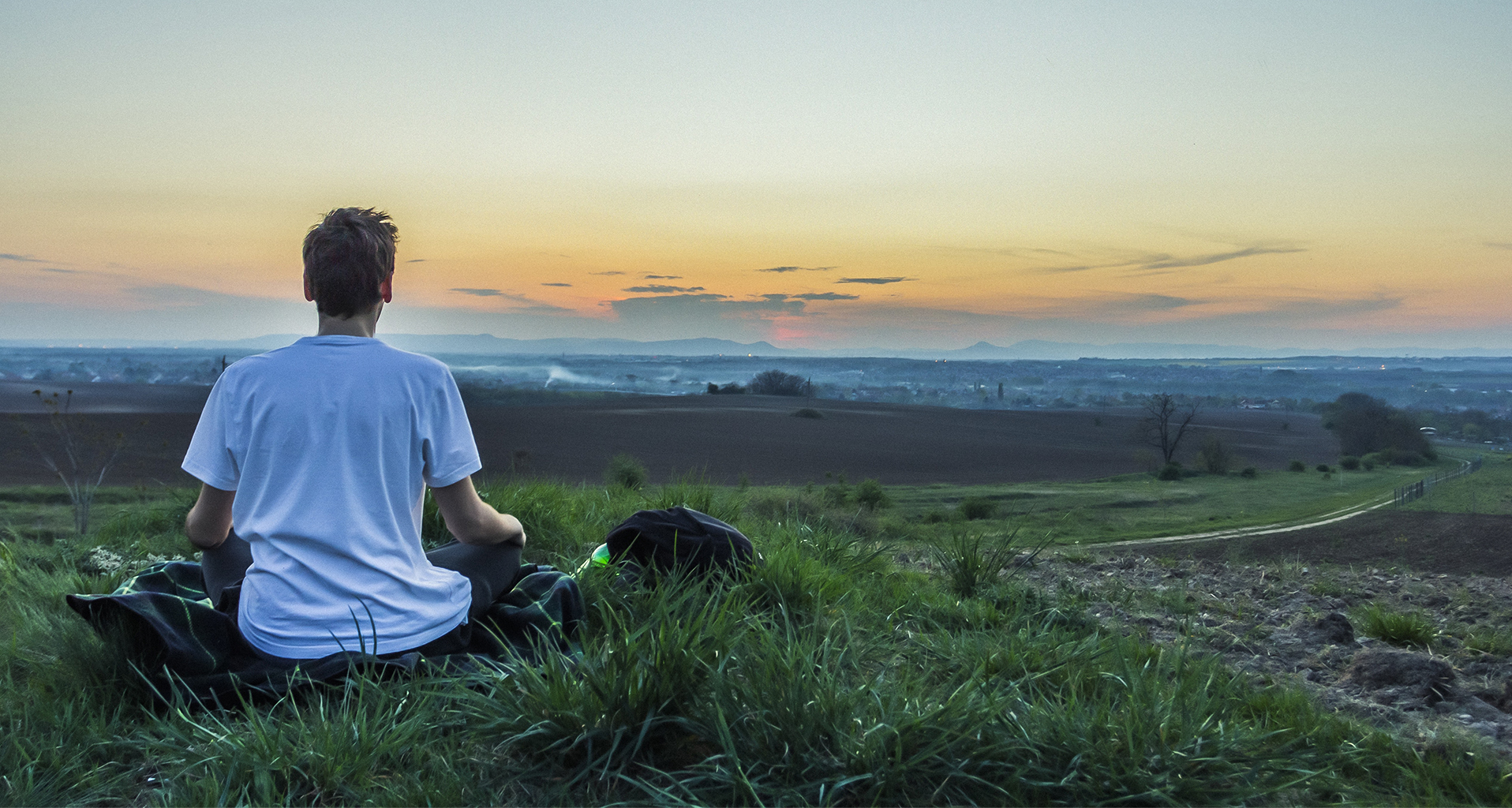In East Africa the women of the Kikuyu tribe routinely carry loads up to 70% of their body weight atop their heads, over rough terrain and long distances. This feat is not accomplished by strength, endurance or even will power. It is accomplished by balance—perfect and practiced balance.
For these women a lack of balance would be disastrous. They are taught a keen sense of balance from an early age. It is practiced until the Kikuyu women can do a wide range of tasks while carrying a heavy jug of water or a large bundle of sticks on their heads. In fact, they move about as if there is nothing on their heads at all!
We may not need to balance a heavy jug of water on our heads every day at work but maintaining balance is a vital key to have a happy workplace and a greater sense of well-being.
Today, it seems every self-help or motivation guru is toting the benefits of maintaining a healthy life-work balance. As such, people are putting more effort into nourishing their physical, emotional, mental and spiritual selves equally. For example, some people schedule their workday to include breaks for exercise or meditation. Maybe they take 45 minutes to have a healthy lunch and a walk in the park, then back to work. Finally they head home to spend time with their families and friends. Such a routine would be very beneficial and healthy and I would encourage it for all workers, but there is more to balance than just following a schedule.
Balance is a sense of being. It is a way of living.
“Image courtesy of arztsamui/ FreeDigitalPhotos.net”
When we regard the idea of balance as part of who we are it becomes natural—integrated within the whole. This “natural balance” is that state of mind that provides equilibrium in all situations. Remember the women of the Kikuyu tribe? Balance has become so natural for them they don’t even give it a second thought. Balance is as natural to them as breathing. For us it means we should learn the skills to maintain balance at all times.
“When we regard the idea of balance as part of who we are it becomes natural—integrated within the whole. This “natural balance” is that state of mind that provides equilibrium in all situations.”
See your balance as a golden scale in your mind. The scale stays perfectly aligned if you do not place too much weight on any one thing. For example, you witness a co-worker do something that you don’t agree with. Instead of letting it go, you start to dwell on it. You take the action personally. You become increasingly “upset” and “unbalanced” adding more weight to what you witnessed until the scale tips and you slip from your natural balanced state into unhappiness.
The Buddhist tradition employs a technique called “touch and go”. This technique encourages us to simply become aware of something, acknowledge it as if greeting a stranger on the street and then to release it at the same time. In a way, we are recognizing its physical existence but also understand that it has no true substance—unless we choose to give it weight. This is exactly what we need to do to remain truly balanced. Acknowledge everything that is happening—be present, but do not overly connect with it: touch and go.
“A balanced person has a peaceful charm about him. He walks in a constant state of calm and control while those around him wobble and fall.”
Teachers throughout history have echoed the same sentiments regarding balance. The Tao advises us to “Hold to the center.” Buddhist teachings not only employ the “touch and go technique” but a whole way of life has been built around the idea of balance or “The Middle Way”. Christian tradition says “for all things there is a season”, and no one season is more important than the other—all in balance.
Balance allows our natural dignity to arise from the silent core of our inner selves. A balanced person has a peaceful charm about him. He walks in a constant state of calm and control while those around him wobble and fall.
If you like this post, I’d love to hear from you. Please like it on Facebook or leave a comment. My other posts on this subject can be found at my blog at www.troyproache.com. My Happy Workplace (the book) is available at Amazon on Kindle and in paperback.
Thanks for visiting.









